These 8 Celebs Faced Harsh Criticism About Their Appearance—and Still Made It Big
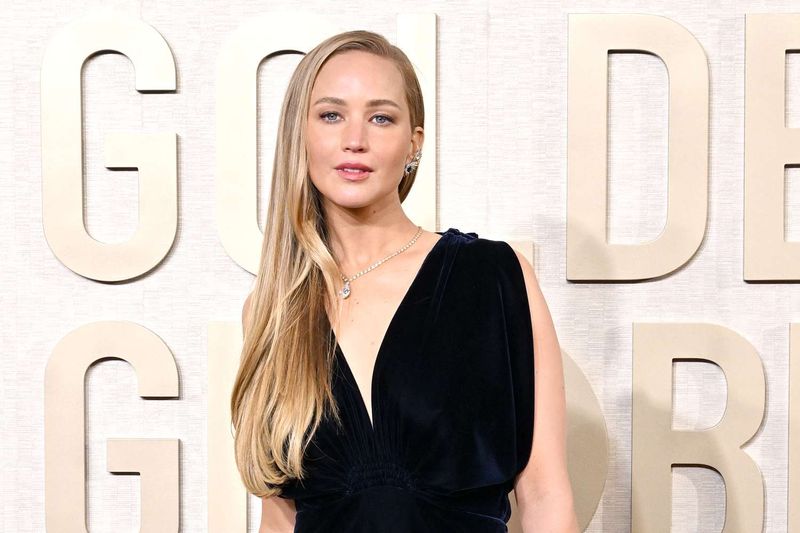
Hollywood and the entertainment industry can be brutally judgmental about looks. Many stars we admire today were once told they weren’t attractive enough to succeed. Despite facing harsh criticism about their appearance, these celebrities refused to let negativity define them. Their stories remind us that talent, perseverance, and believing in yourself matter more than fitting into narrow beauty standards.
1. Lady Gaga’s Unconventional Features
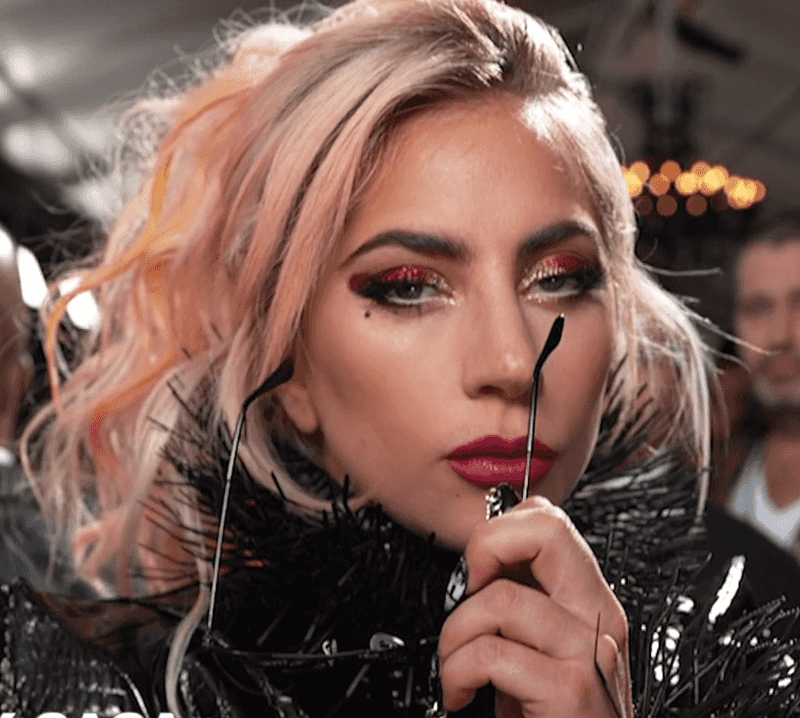
Record executives once told Stefani Germanotta she was too ethnic and unusual-looking to be a pop star. One producer even suggested she get a nose job before her career could take off. Instead of conforming, she embraced her unique appearance and transformed into Lady Gaga.
Her bold fashion choices and theatrical performances turned what critics saw as flaws into her greatest strengths. With 13 Grammy Awards and an Oscar under her belt, Gaga proved that authenticity trumps conventional beauty standards.
“When I was young, I was made fun of for being either too masculine or too feminine,” she once revealed. Today, she inspires millions to embrace their own uniqueness.
2. Meryl Streep’s ‘Not Pretty Enough’ Moment
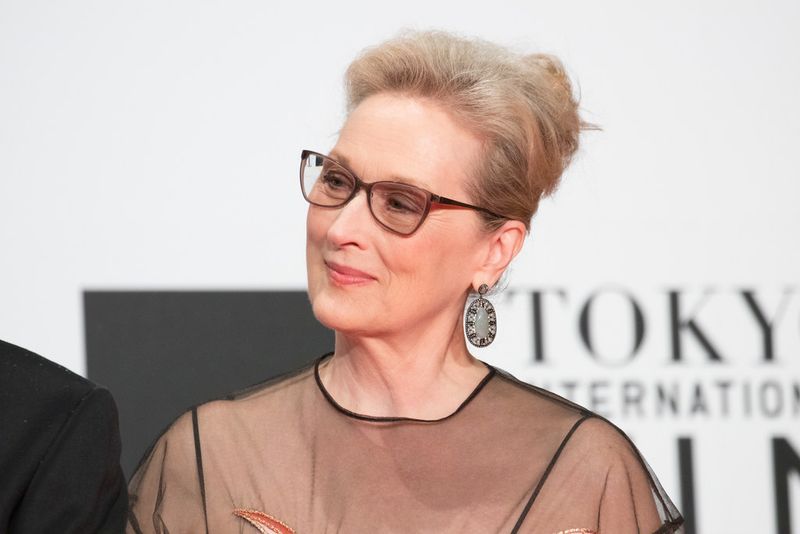
At 27, Meryl Streep auditioned for the 1976 remake of King Kong. The producer’s son, Dino De Laurentiis Jr., thought she was perfect for the role, but his father had other ideas. When she entered the room, he exclaimed in Italian, “Why did you bring me this ugly thing?”
Streep, who understood Italian, responded directly: “I’m sorry I’m not beautiful enough for King Kong.” That rejection could have crushed her spirit, but instead, it fueled her determination.
Now with a record 21 Oscar nominations and three wins, Streep stands as arguably the greatest actress of her generation, proving that extraordinary talent outshines superficial beauty standards.
3. Vin Diesel’s ‘Too Ethnic’ Struggles
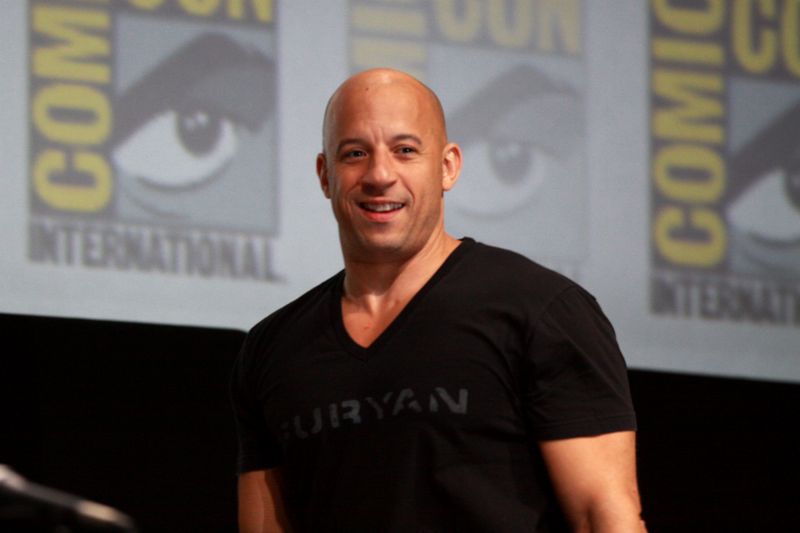
Before becoming an action superstar, Mark Sinclair faced constant rejection for being “too ethnic-looking” for mainstream roles. Casting directors couldn’t categorize him neatly, as his multiethnic background didn’t fit Hollywood’s narrow boxes.
Frustrated by limited opportunities, he wrote, directed, and starred in his own short film, which caught Steven Spielberg’s attention. This led to his breakout role in “Saving Private Ryan” and eventually the billion-dollar “Fast & Furious” franchise.
His distinctive look—shaved head, muscular build, and ambiguous ethnicity—eventually became his trademark. Now worth over $225 million, Diesel transformed what was once considered a liability into his greatest asset.
4. Kate Winslet’s Weight Battles
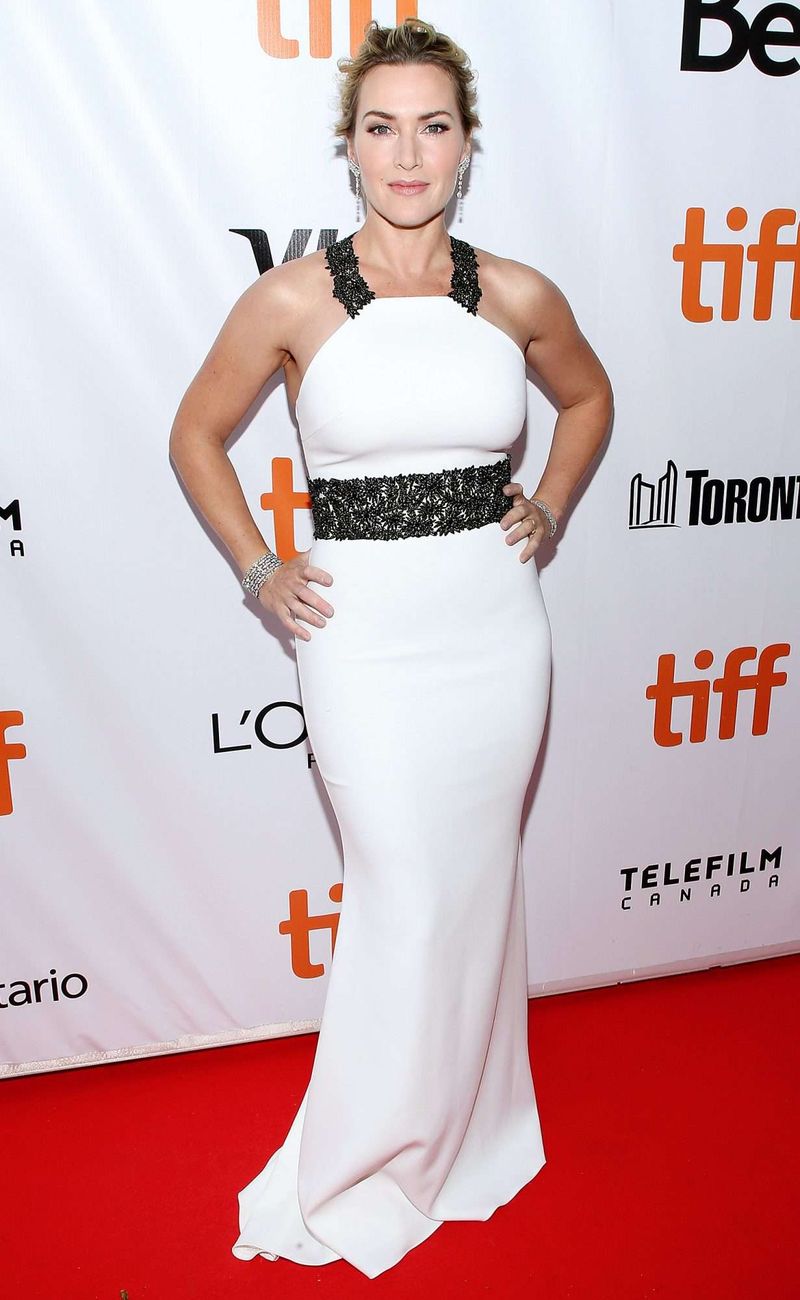
As a teenager, Kate Winslet was told she would only get “fat girl roles.” After her breakthrough in “Titanic,” tabloids cruelly nicknamed her “Blubber Rose” and obsessively discussed her weight. One agent even suggested she settle for “fat girl parts.”
Rather than succumb to unhealthy standards, Winslet became an outspoken critic of body shaming in Hollywood. She famously called out magazines for photoshopping her images without permission and refused roles that required extreme weight loss.
Her talent proved more powerful than criticism. With seven Oscar nominations and one win, Winslet has become one of the most respected actresses of her generation while maintaining her stance against unrealistic beauty standards.
5. Benedict Cumberbatch’s ‘Strange’ Features
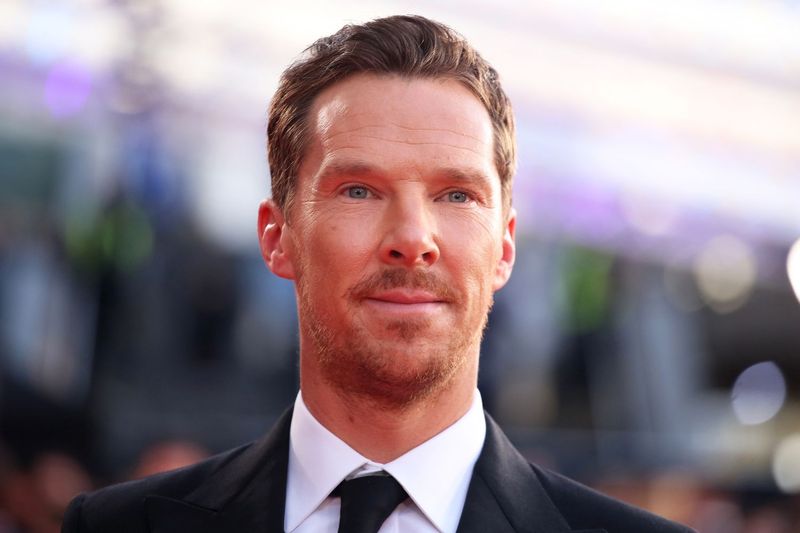
Before becoming Sherlock Holmes or Doctor Strange, Benedict Cumberbatch was frequently mocked for his unusual appearance. Internet memes compared him to aliens and animated characters, while early career critics called his face “too strange” for leading roles.
His distinctive features—high cheekbones, slanted eyes, and unique facial structure—initially seemed like obstacles. One casting director told him he looked “too weird” to play conventional romantic leads.
Cumberbatch embraced his unconventional appearance, which eventually became his signature. Now with an Oscar nomination, Emmy wins, and legions of devoted fans who call themselves “Cumberbitches,” he’s living proof that standing out physically can become a career advantage rather than a hindrance.
6. Jennifer Lawrence’s “Too Fat” Label

Early in her career, Jennifer Lawrence was told to lose 15 pounds in two weeks or be fired from a role. Another producer had her stand naked in a lineup with thinner actresses to motivate her weight loss. These experiences left her feeling humiliated and insecure.
Instead of giving in, Lawrence pushed back against Hollywood’s unrealistic standards. She refused diet plans and publicly stated she wouldn’t starve herself for roles. “If anybody even tries to whisper the word ‘diet,’ I’m like, ‘You can go f**k yourself,'” she famously declared.
Her authenticity resonated with audiences. At 22, she became the second-youngest Best Actress Oscar winner for “Silver Linings Playbook” and built a $160 million career on her own terms.
7. Mindy Kaling’s Industry Rejection
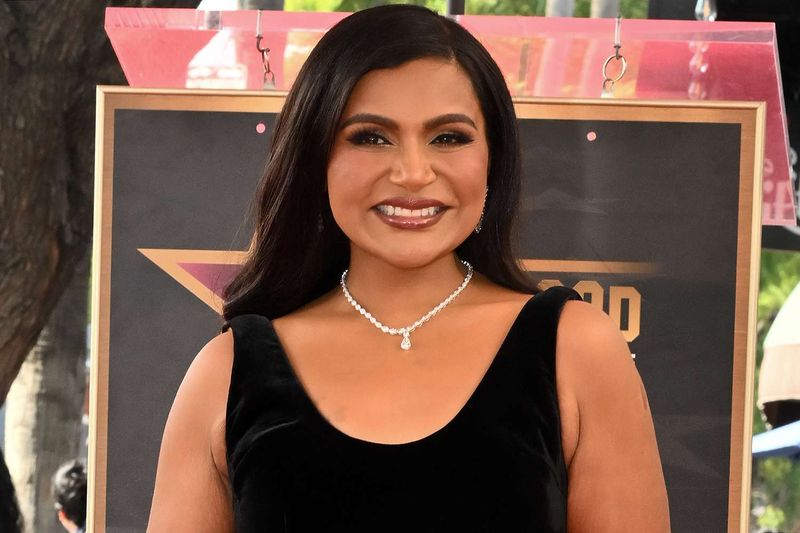
Early in her career, Mindy Kaling wrote a script based on her experiences as an Indian-American woman. A network offered her a pilot—with a catch. They wanted her to audition for the role she wrote for herself, believing she wasn’t attractive or thin enough to play the lead.
Rather than accept this humiliation, Kaling walked away. Her perseverance led to her groundbreaking role on “The Office” and later creating and starring in “The Mindy Project,” becoming one of the first Indian-American women to lead a network show.
“There are little Indian girls out there who look up to me, and I never want to belittle the honor of being an inspiration to them,” she once said, turning rejection into a platform for representation.
8. Rami Malek’s “Not Conventional” Look
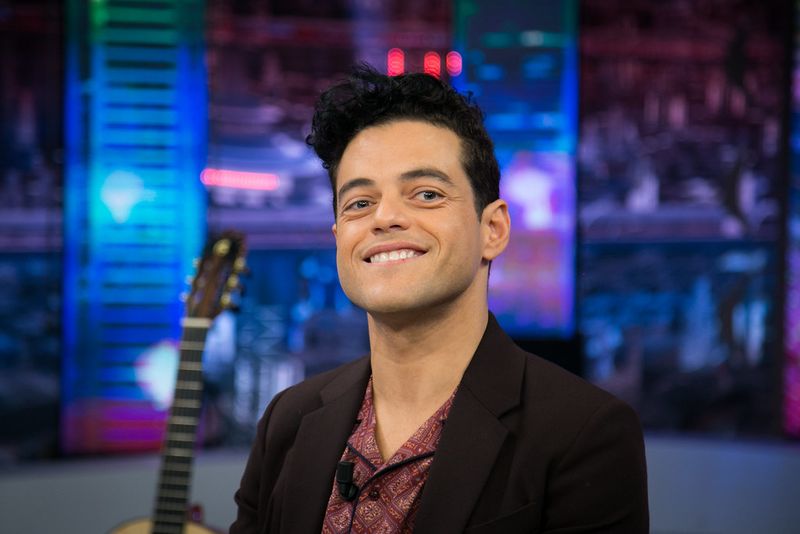
Before his Oscar-winning turn as Freddie Mercury, Rami Malek struggled to find meaningful roles due to his Egyptian heritage and distinctive features. Casting directors frequently typecast him as a terrorist or foreign threat in minor roles, limiting his opportunities.
His unusual eyes, prominent jawline, and ethnic background made him an outlier in an industry seeking conventional leading men. One director even suggested he change his name to something less ethnic to increase his chances of success.
Malek refused to compromise his identity. His breakthrough came with “Mr. Robot,” where his intensity and unique appearance became assets rather than liabilities. His subsequent transformation into Freddie Mercury in “Bohemian Rhapsody” earned him an Academy Award, proving that distinctive looks can become defining advantages.

Comments
Loading…